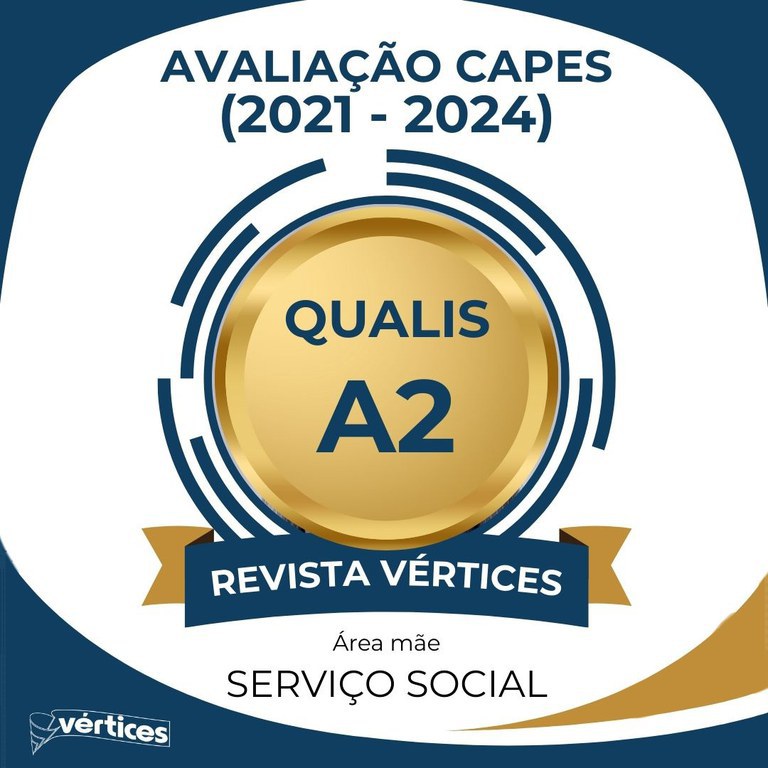Knowledge management processes and the organizational context
DOI:
https://doi.org/10.5935/1809-2667.20080009Keywords:
Globalization, Context, Knowledge ManagementAbstract
The effect of globalization has influenced companies to adopt and develop new paradigms in order to get flexibility and be quickly adapted to the changing environments imposed by competitors. One way to do this is to link organizational objectives, in short and long terms, to the processes of the company within its contextual environment that leads to knowledge management through operation, conservation and long term performance. The key is to balance resources and growing elements of knowledge management measured by indicators that enable diagnosis This, in turn, is supported by the feedback process linking the company’s objectives to the knowledge resources.Downloads
References
CHOO, C. W. et al. The strategic management of intellectual capital and organizational knowledge. New York: Oxford University Press, 2002.
DAVENPORT Th. et al. Working knowledge: how organizations manage what they know. Harvard: Business School Press, 2000.
GONGLA, P. et al. Evolving communities of practice: IBM global services experience. IBM systems journal, v. 40, n. 4, 2001. p. 842-862.
GROVER, V. et al. General perspectives on KM: fostering a research agenda, Journal of management information systems, v. 18, n. 1, 2001, p. 5-21.
LEE, C. C. et al. Knowledege value Chain. Journal of management development, v. 19, n. 9, 2000, p. 783-794.
NONAKA, I. et al. The knowledge creating company: how Japanese companies create the dynamics of innovation. Oxford University Press, 1995.
PETERSON, R. R. Information governance. Tilburg University. Netherlands, 2002.
PIPINO, L. et al. Data quality assessment. Comm of the ACM, v. 45, n. 4, 2002, p. 211-218.
PRUSAK, L. Working knowledge: how organizations manage what they know. Harvard Business School Press, 2000.
SENGE, P. The fifth discipline: the art and practice of the learning organization. New York: Doubleday Publishers, 1990.
YIN, R. Case study research: design and methods. Thousand Oaks Ca, Sage Publishing, 1994.
Downloads
Published
Issue
Section
License
Copyright (c) 2023 Antonio Sánchez Ramírez, Luis Joyanes Aguilar

This work is licensed under a Creative Commons Attribution 4.0 International License.
The authors of the manuscript submitted to Vértices, hereby represented by the corresponding author, agree to the following terms:
The authors retain the copyright and grant Vértices the right of first publication.
At the same time the work is licensed under the Creative Commons Attribution 4.0 International License, allowing third parties to copy and redistribute the material in any medium or format and to remix, transform, and build upon its content for any legal purpose, even commercially, provided the original work is properly cited.
Authors will not receive any material reward for the manuscript and Essentia Editora will make it available online in Open Access mode, through its own system or other databases.
Authors are authorized to enter into additional contracts separately for non-exclusive distribution of the version of the work published in Vértices (eg, publish in institutional repository or as book chapter), with acknowledgment of authorship and initial publication in this journal.
Authors are permitted and encouraged to disseminate and distribute the post-print (ie final draft post-refereeing) or publisher's version/PDF at online information sources (eg, in institutional repositories or on their personal page) at any time after the first publication of the article by Vértices.
Essentia Editora may make normative, orthographic and grammatical changes in the originals in order to maintain the standard language, with the final consent of the authors.
The content and opinions expressed in the manuscript are the sole responsibility of the author (s).
























1.png)



